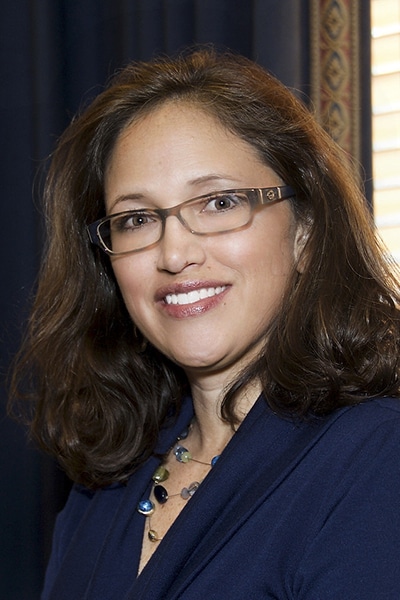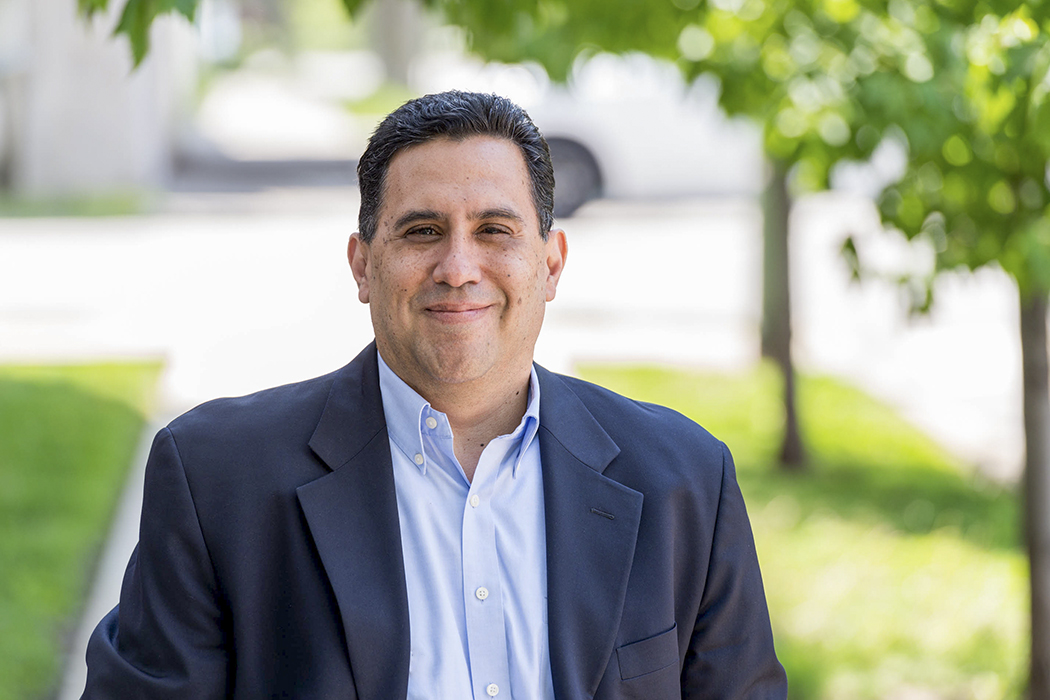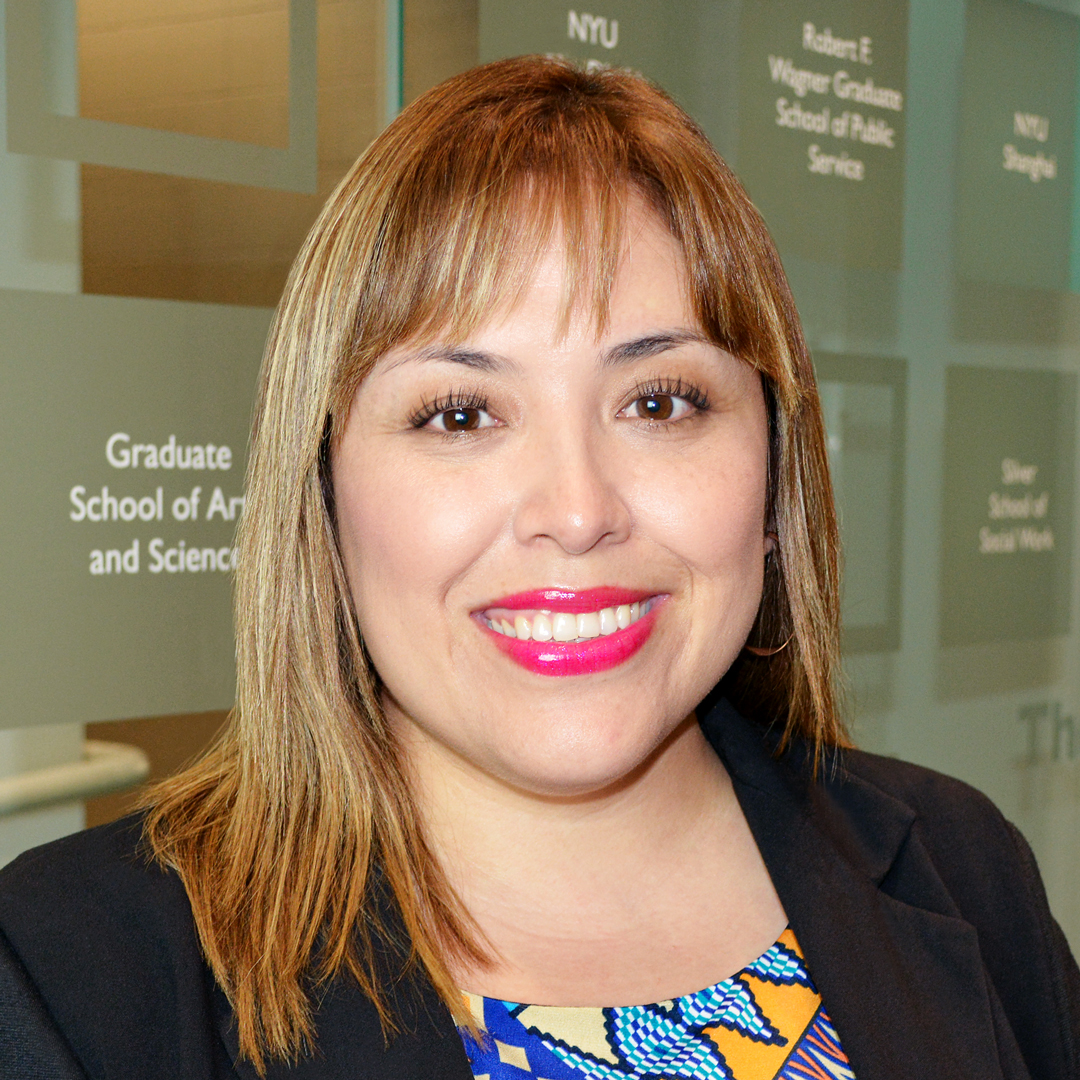|
Getting your Trinity Audio player ready...
|
Isabel Garcia didn’t grow up wanting to be a lawyer. She entered the University of Florida intending to study science upon the advice of her stepfather. “My stepfather told me, as he dropped me off at the steps of my freshman dorm, that if I wanted to be successful, I needed to study science, engineering, or math,” Garcia recalls. It wasn’t until her senior year that Garcia decided science wasn’t for her and applied to law schools on the recommendation of a school counselor. The day after graduation, she drove herself to Atlanta, Georgia, to attend the Emory University School of Law—a choice that would set the course of her career for years to come.

At Emory, Garcia realized that she particularly enjoyed her real estate sales and finance class. “I went to see my professor and told him I wanted to be a part of a small firm so I could gain experience quickly. I was put in touch with a fellow Emory Law alum, Paul McLarty, who had a boutique practice in Atlanta,” Garcia says. “We had lunch, and he hired me on the spot. I think it was as much a surprise to him as it was to me.”
Garcia began working with McLarty while finishing her third-year studies at Emory. Seven years later, she was named a partner, and shortly thereafter McLarty asked her to take over the practice so he could retire.
Piedmont Law Group is a commercial real estate boutique firm that specializes in transactional real estate. In the metro Atlanta-based practice, Garcia plays an active role in large commercial transactions involving the acquisition, leasing, or lending of mixed-use developments, multifamily communities, retail, and technology/warehousing buildings.
“My component of the practice is largely made up of commercial title insurance,” she says. “The thing I love about what I do is that every day is different. Every deal is different. I’m always learning, and that keeps me interested.”
But it wasn’t just the professional mentorship that McLarty gave Garcia. He also schooled her on the importance of giving back to Emory students.
“Through Paul’s encouragement, I became actively involved with Emory’s students, both at the law school and university-wide. I spent eight years on the Emory Alumni Board, including two years as chair of the committee responsible for selecting university trustees, and a year as president, whereby I was the face and voice of 140,000 alumni at that time,” Garcia says. “When my time on that board was reaching its end, I knew I needed to find a new outlet at Emory to continue my engagement.”
That’s when Garcia learned about the 1915 Scholars program, a brand-new mentorship initiative for low income, racially diverse, first-generation college students at Emory. “The mission of the program is to enhance the recruitment and retention of these students throughout their four years at Emory by way of intentional support through programing and mentorship. I believe whole-heartedly in mentorship. I know the difference it can make,” Garcia says. “I was one of the very first alumni mentors to sign up for the program; I’ve now had seven scholars graduate. I have seven current scholars, and I’m expecting two new freshman in the fall.”
In her role as a mentor, Garcia treats these students as members of her own family. She includes her scholars on outings in the city with her own children, cooks them meals in her home, attends campus events with her scholars, provides financial assistance when needed, encourages them to think about their post-college career paths by introducing them to executives and professionals in her network, and opens the doors of her home for those who truly need it. That means that if her students have any concerns, problems, or are just missing home, they can call her day or night.
“I believe whole-heartedly in mentorship. I know the difference it can make.”
“This is a cohort of first-generation college students, especially from economically disadvantaged homes, who don’t always have the highest success rates,” Garcia explains. “I want to be their family away from home. I want to be an active participant in these formative years, providing the mentorship, encouragement, wisdom, and sometimes financial resources so that these students don’t just make it through college but also thrive.
“To witness their emotional growth and increased confidence—seeing them self-cultivate in their Emory community and developing relationships and skills that will last a lifetime—it means everything to me,” she adds.
According to Garcia, her passion for giving back to the Emory community—and her community in general—is something she picked up from her mother, who worked for nonprofits and had an incredibly generous soul.
“My mother was very much involved with volunteerism and the service philanthropy,” Garcia says. “She epitomized the definition of service, and she worked tirelessly on behalf of others to promote human dignity and social justice. Those weren’t just catchphrases for her—she lived and breathed it, professionally and spiritually. My mother passed away several years ago, so this is my way of continuing her legacy.”

